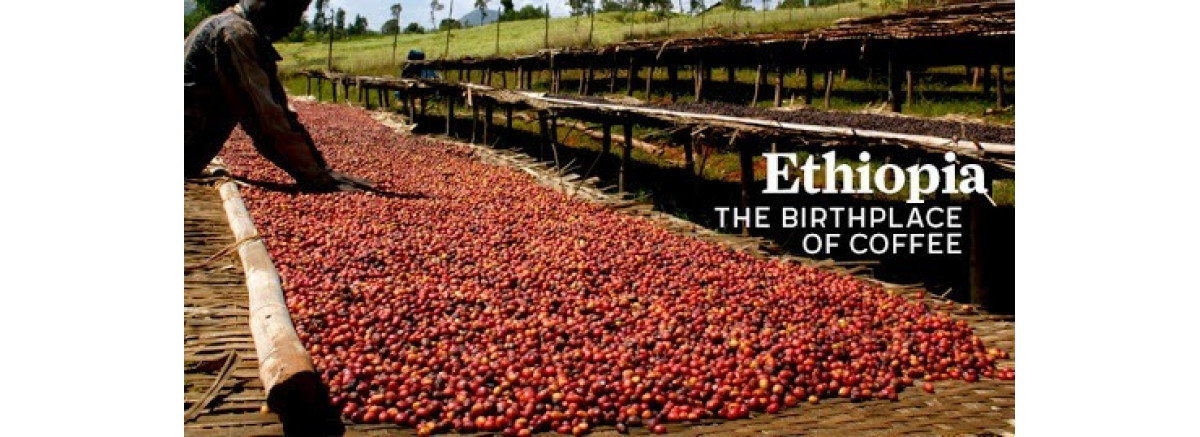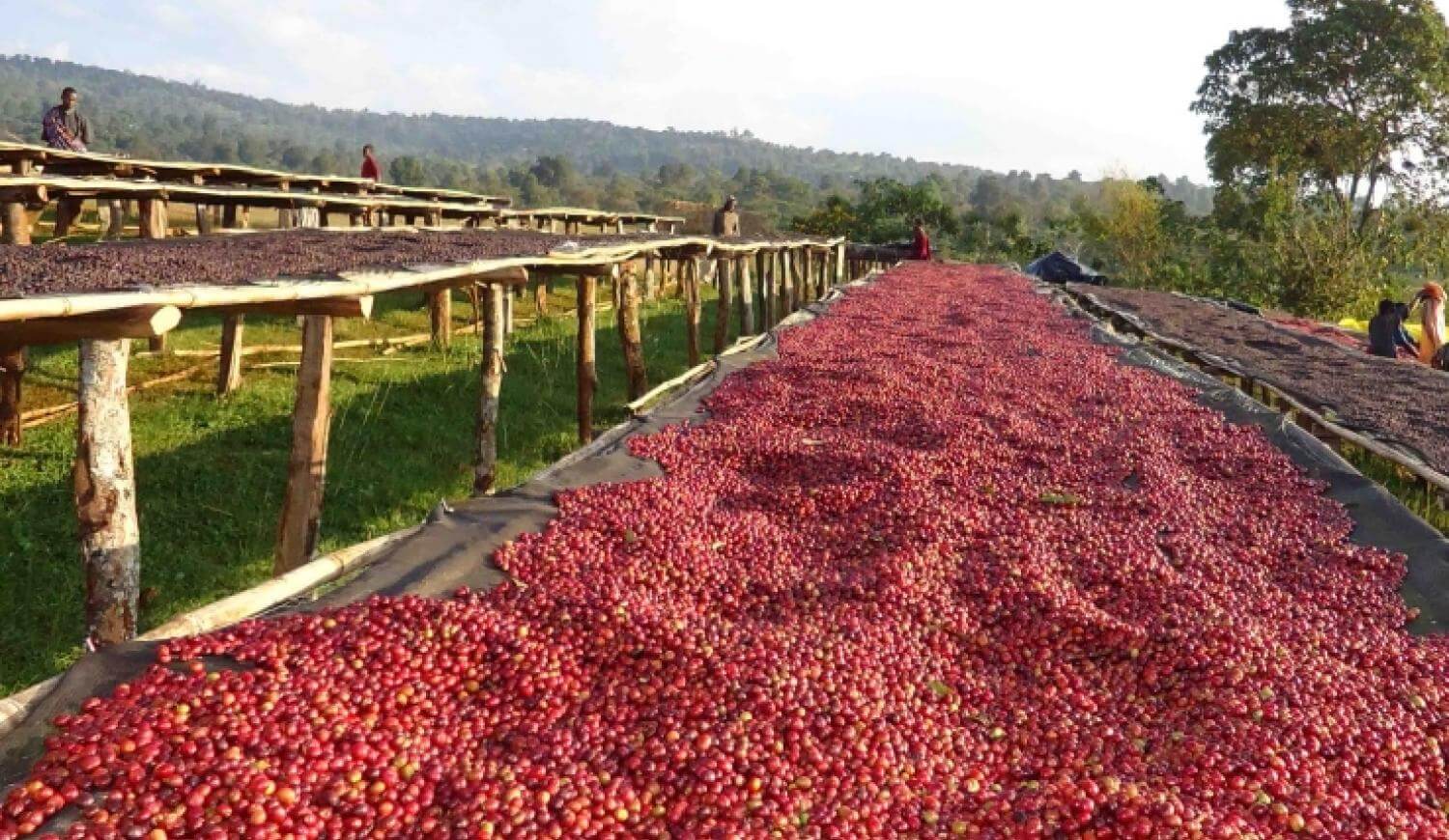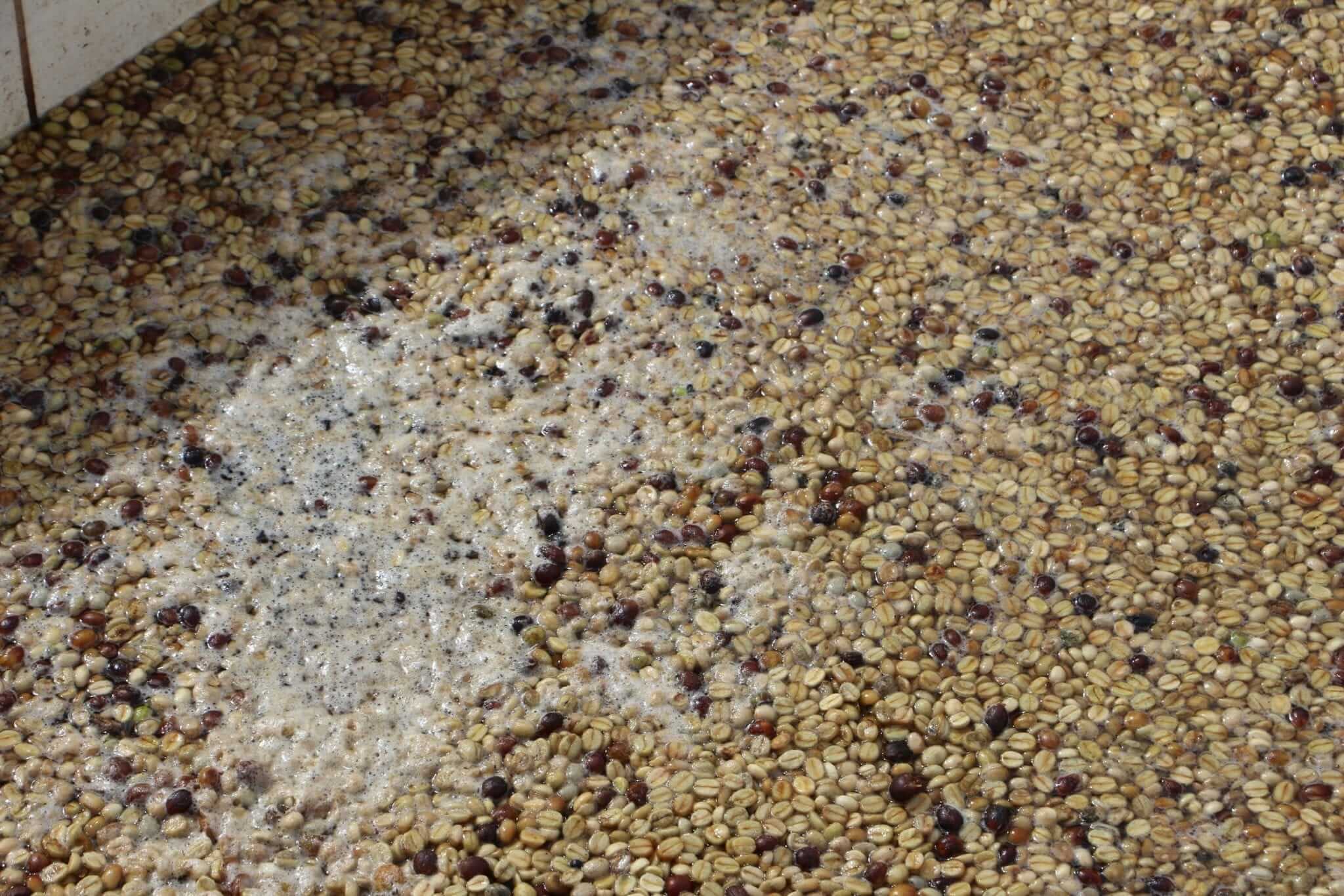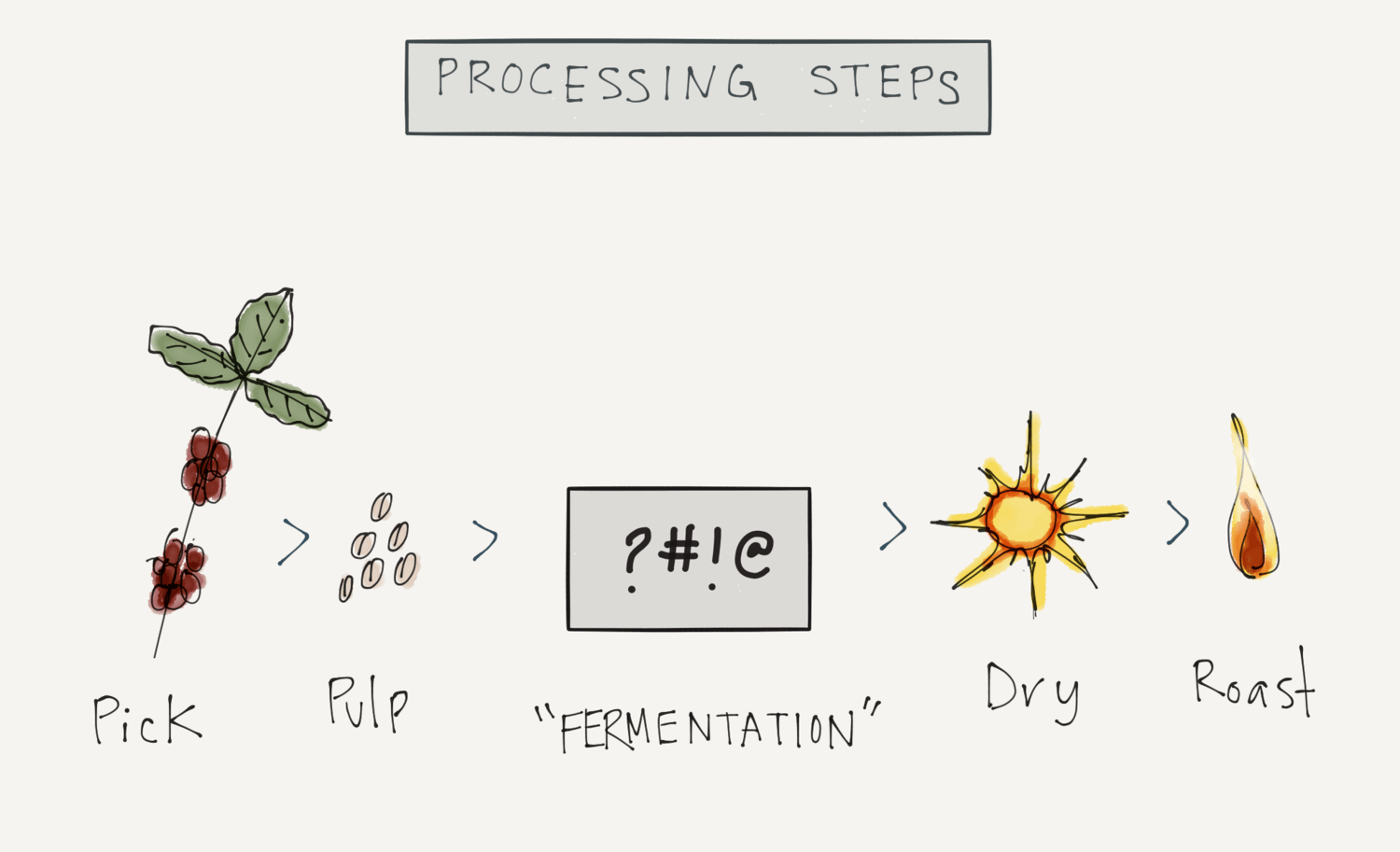
What is coffee fermentation?
What is coffee fermentation?
What do coffee, cheese, beer and wine have in common? True! All these products are prepared using fermentation or fermentation. Sounds weird to hear about the fermentation process in coffee, doesn't it? We tell everything in detail.
1. What is it?
There are two main methods of fermentation: natural and washed. In natural, coffee berries are dried in the sun, and when the fruit dries, it is peeled. But for the second method, they are immediately cleaned, and the grain is soaked in large tanks with water. There coffee will spend from 10 to 70 hours.


2. What is it for?
In short - to make coffee tastier. The fact is that the surface of coffee berries and beans is home to billions of microorganisms, and each species needs its own conditions for reproduction. By changing the parameters of temperature, access of sunlight, pH of the environment, etc., we influence which bacteria are allowed to grow and which are not.
As a result, it significantly changes the taste of the product, adding a sweet taste. You can even add specific notes of aroma, such as flowers or fruit. Interestingly, microorganisms are also different in different regions, so coffee from different countries differs not only in the type of grain, but also in the bacteria that live on it.

3. Where did it all come from?
It is rumored that the idea of soaking grains in water came to us from the Aztecs, who cultivated cocoa for years. They soaked it just as we do today to get a better taste. And when a new product appeared - coffee, people just adopted this method. True or not, it is difficult to say, but one thing is known: fermentation adds new aromas and flavors to coffee, makes it more expressive.

Be that as it may, it is impossible to imagine coffee production without fermentation. Now, when you see the mark "wet process" or "dry" in the store, you will know exactly what it is about.




